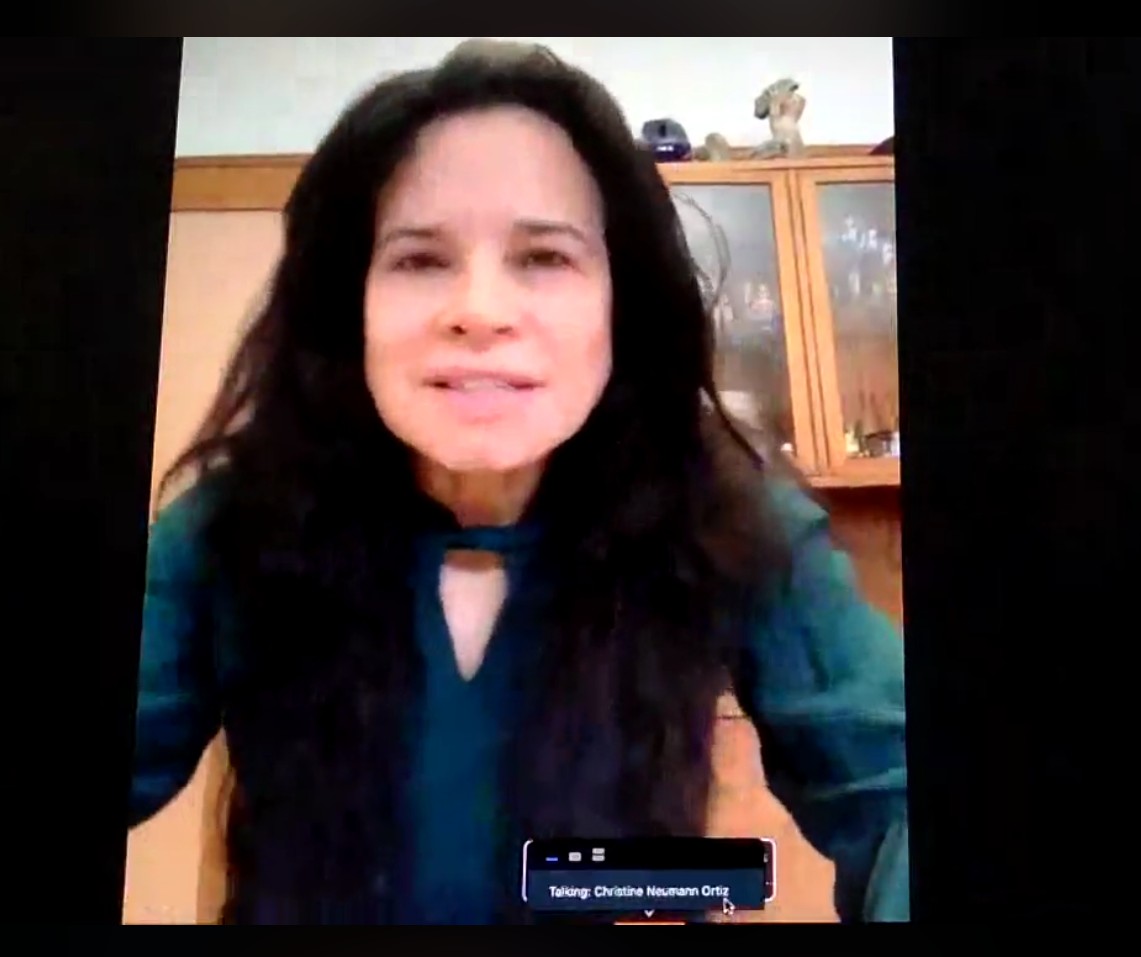
Multiple civil and voting rights organizations held an online press conference Monday morning, calling on Governor Tony Evers to postpone the April 7 election.
Representatives from organizations such as Souls to the Polls, the League of Women Voters, the Milwaukee Branch of the NAACP and more detailed why continuing with the election was unsafe.
“Approximately one milliion voters are expected to vote on April 7,” said attorney Richard Saks. “The groups here today came here together concerned that this election could not be conducted in a safe and meaningful manner because of the COVID-19 pandemic.”
Last Wednesday, the civil and voting rights organizations sent a letter calling on Evers to delay the election and soon after, others joined in the calls for postponement. Former Gov. Tommy Thompson, three members of the Wisconsin Elections Commission and Milwaukee County Executive Chris Abele are among those who have called for postponement.
Additionally on Monday, March 23, Evers said he will announce a “Safer at Home” order, requiring all nonessential businesses to close and people to stay at home. The order will take effect this week.
“We just learned this morning that Gov. Evers has issued a [“Safer at Home”] order to everybody in the state of Wisconsin, reinforcing the need to postpone the April 7 in-person election,” Saks said.
The reasons for delaying the election include public health and equity, the organizations said.
“The six-foot social distance rule and limits on sizes and social gatherings are keys and control of this pandemic because they are the only tools we currently have,” said Sandy Pasch, a former state legislator and community nurse. “Logistically, how can we maintain social distancing in voting lines? It goes against our nature to maintain that distance. Thus we will need more monitors to facilitate the distancing.”
For groups like Voces de la Frontera, Souls to the Polls and NAACP, postponing the election is a way to ensure an altogether safe and fair election.
“Most Latino voters rely on same day voter registration to cast their ballots,” said Christine Neumann-Ortiz, executive director of Voces de la Frontera. “But with concerns about being in places that have more than 10 people and the ability to have enough poll
workers present and proper sanitation, the decision to go ahead with this election will discourage people from voting and also put them at risk of infection.”
“We can’t put our community in danger by forcing the election in just two weeks,” said pastor Gregory Lewis, who runs Souls to the Polls. “We cannot put our poll workers in danger trying to force the election. Our community will be forced to decide between their right to vote and their own safety. Once again, our right to vote will lose.”
Lewis said he also recently tested positive for coronavirus and is currently in recovery.
Although the organizations have called for postponement, there was no consensus on when or how the election should be held.
“We’re not suggesting any specific date,” Saks said. “Look at other states and Wisconsin is the outlier here. Most other states have postponed their election to some point in June. I certainly would have no objection to something along those lines, which would allow us time to re-establish the guidelines and rules so the election can be conducted in a safe and a meaningful manner.”
The NAACP is advocating for a June 2 election date, with mailed-in ballots to be counted through June 5.
“The NAACP position is that absentee ballots should be mailed out to every current registered voter and that the government should send correspondence to all other eligible voters on how they can register online so that they can get an absentee ballot,” said attorney William Sulton, the legal redress chair of the Milwaukee Branch of the NAACP.
As for how delaying the election would affect local offices with terms that typically start in April, Saks believed incumbents could continue to serve until a successor is elected.
“We don’t believe that postponing the election for locally elected officials will result in any vacancy in any of those offices,” he said. “In addition, the Wisconsin common law, in numerous decisions, has employed the de facto office holder doctrine. So for example if Gov. Evers were to ask all incumbent office holders to remain until the new election, they would certainly be acting under the authority of color of law and could not be challenged in any court or contested in any way.”
Evers reiterated Monday that he intended to keep the election on April 7 and encourage everyone to vote absentee.



